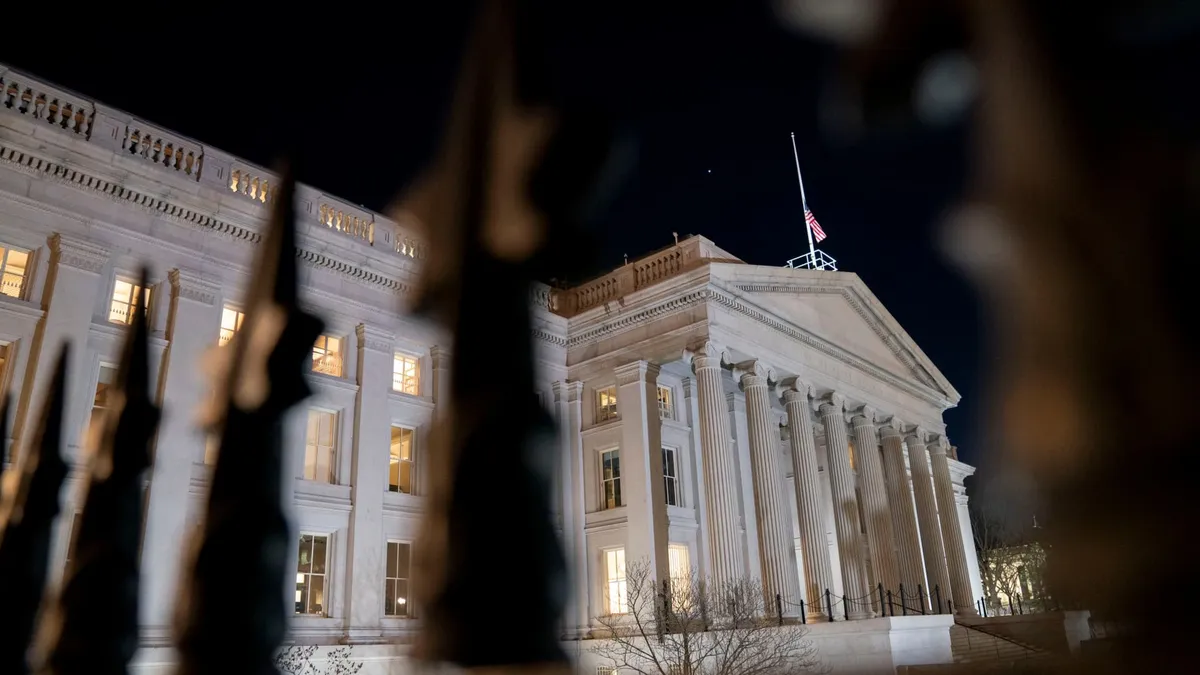
On Sunday, the U.S. Department of the Treasury announced a significant policy shift regarding the beneficial ownership information (BOI) reporting requirements established under the Biden administration. This decision means that the Treasury will not enforce the penalties or fines associated with the BOI reporting for millions of domestic businesses. The BOI reporting requirements were introduced through the Corporate Transparency Act in 2021, aimed at combating illicit finance and the formation of shell companies.
The BOI reporting mandates that small businesses disclose the individuals who directly or indirectly own or control the company to the Treasury's Financial Crimes Enforcement Network (FinCEN). Initially, these reporting requirements were set to come into effect following a deadline established by the Treasury in late February, with compliance expected by March 21. Businesses that failed to comply faced civil penalties of up to $591 per day, adjusted for inflation, along with potential criminal fines reaching $10,000 and possible imprisonment for up to two years.
Federal estimates indicate that approximately 32.6 million businesses could be affected by these reporting requirements. The intention behind the rule was to hinder individuals who engage in unlawful activities from obscuring their profits through complex ownership structures, including shell companies. However, with the recent announcement from the Treasury, the enforcement of these penalties has been halted, raising concerns among various stakeholders.
In response to the Treasury's announcement, former President Donald Trump took to Truth Social, labeling the reporting rule as "outrageous" and "invasive." He described it as a "disaster" for small businesses, reflecting a broader sentiment among those who believe that the regulations were overly burdensome.
Conversely, experts have expressed concerns regarding the implications of this decision on national security. Scott Greytak, the director of advocacy for the anticorruption organization Transparency International U.S., warned that this move could position the United States as an attractive destination for foreign criminals, including drug cartels, fraudsters, and terrorist organizations.
The Treasury has indicated that, while it will not enforce the penalties associated with the BOI requirements for domestic businesses, it plans to propose regulations that would limit the application of these rules to foreign reporting companies only. This shift raises questions about the future of transparency in corporate ownership and the ongoing efforts to combat financial crime in the United States.
As the situation develops, it will be essential for businesses to stay informed about changes in regulatory requirements and to understand how these decisions may affect both their operations and the broader economic landscape.